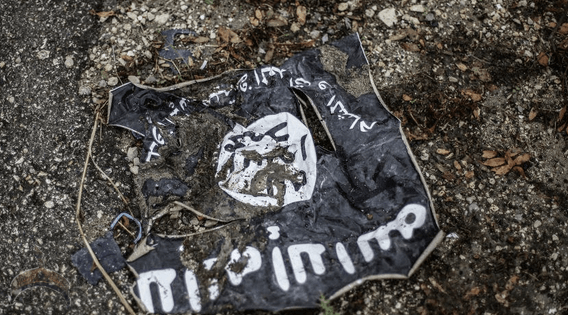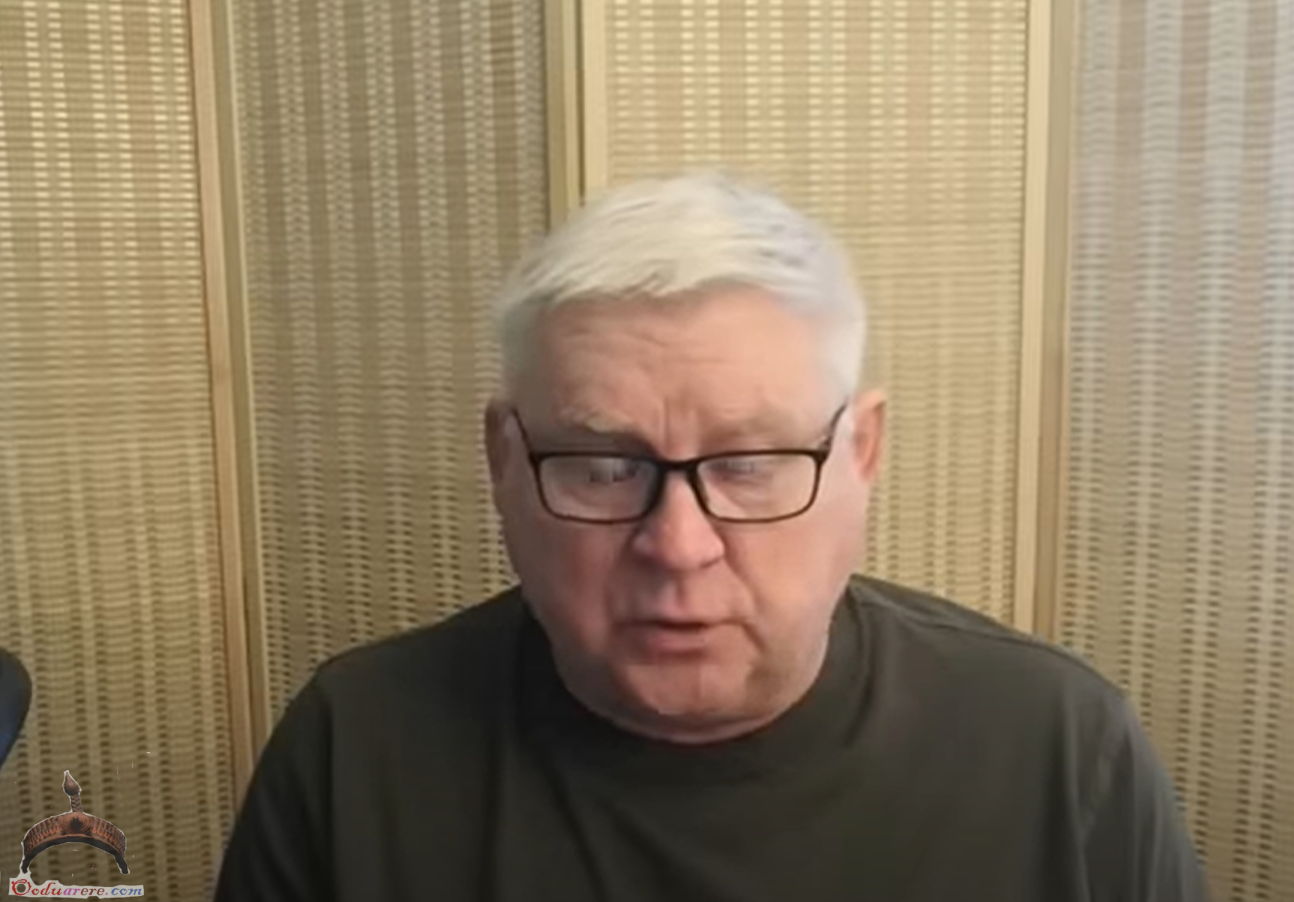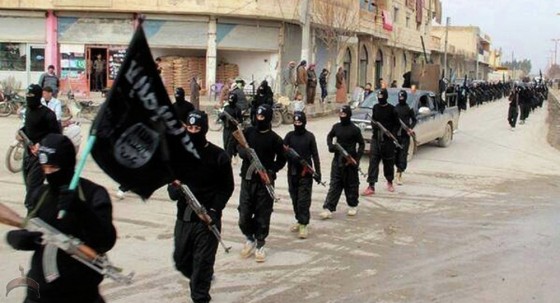source: http://southfront.org/isis-increases-capabilities-in-aleppo-province-reasons-conditions/
According to American experts citing certain Syrian humanitarian groups, the Islamic State in recent days has achieved several significant successes in the South Aleppo province and has infiltrated and established control over several districts of the strategically important town of al Safira. As a result of the offensive the ISIS was able to capture about 10 checkpoints on the strategically important highway from Hama via Salmiya, Inshriach and Hanser to Aleppo. This forced government forces to suspend its offensive on other fronts, especially in Aleppo, and to redeploy its forces to unblock the strategic highway to resume the logistical support for the Syrian army. Although ISIS successes are being exaggerated by the so-called “humanitarian analysts”, it is a fact that there is heavy fighting in the South Aleppo province.
In addition, about 1,500 Hezbollah fighters and about 2,000 Iranians from the IRGC are fighting right now near Aleppo. According to the information received, the government forces and the allies had unblocked the highway Hama-Aleppo and recapture al Safira.
However, the question arises as to why and how the Islamic State had got the ability to concentrate sizable fresh and well-armed forces in Aleppo province. The answer can be obtained from a brief analysis of the US actions in Syria and Iraq over the past 10 days.
It is already clear that the US commanders are sabotaging the advance of the Kurds in Raqqa.
The intensity of the pro-US coalition air force combat missions has been reduced substantially (by an order of magnitude).
Until now the U.S. regional command has not deployed its FAC ( forward air controller) teams and commandos into Kurds forward combat forces and with the Iraqi army. The number of the US military advisers is bitterly inadequate and, for all intents and purposes, their mission largely consists of containing Kurdish forces activity and playing political games.
Last week, information appeared about the growing number of cases of US-supplied weapons and ammunition being seized by the ISIS.
These factors combined with the complete lack of the Kurdish and Iraqi forces initiative in Anbar province allows the Islamic State to maneuver freely, transferring reinforcements from Iraq to Syria.
Today, Syria is the main strategically important front. ISIS’ existence directly depends on it. If smuggled oil exports through Syria to Turkey stop, ISIS will lose the foundation of combat potential, in both human and material terms.
According to independent military experts, the current United States course aims at containing Syrian government forces successes at any price. Pentagon believes that the failure of the Syrian army can trigger the transfer to Syria Russian land forces and the beginning of a protracted and costly ground operation.
 Ọmọ Oòduà Naija Gist | News From Nigeria | Entertainment gist Nigeria|Networking|News.. Visit for Nigeria breaking news , Nigerian Movies , Naija music , Jobs In Nigeria , Naija News , Nollywood, Gist and more
Ọmọ Oòduà Naija Gist | News From Nigeria | Entertainment gist Nigeria|Networking|News.. Visit for Nigeria breaking news , Nigerian Movies , Naija music , Jobs In Nigeria , Naija News , Nollywood, Gist and more









